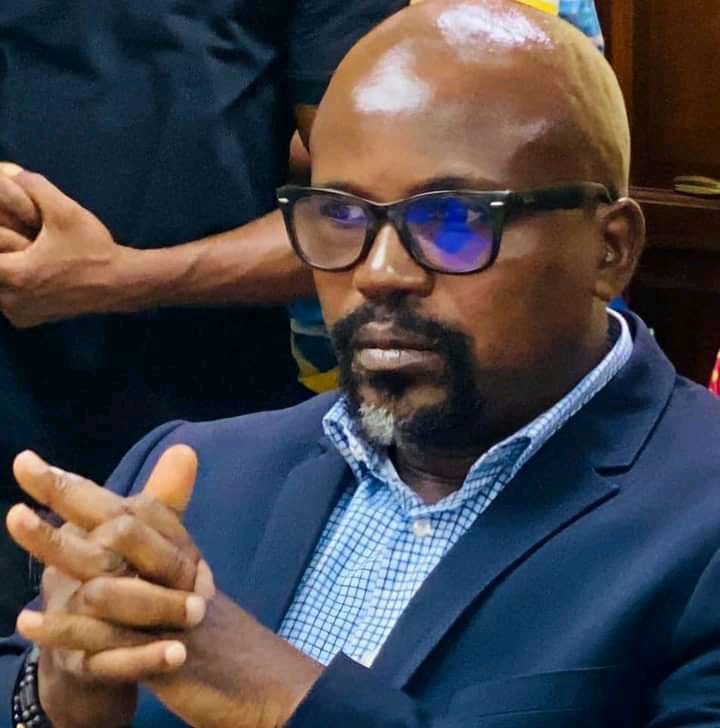The recent commissioning of a bridge project connecting Liberia to Côte d’Ivoire has become a focal point of public outrage directed towards Liberia’s Public Works Minister, Roland Giddings. The bridge project, valued at US$15 million, was developed with the collaboration of the ECOWAS Commission and the African Development Bank, aiming to significantly enhance cross-border connectivity and benefit around 400 million people in the West African region. The ceremony held on October 3, 2024, at the Plulo Border in Côte d’Ivoire was attended by dignitaries including the Ivorian government officials but saw a conspicuous absence of Liberian representation, especially from Minister Giddings, prompting widespread anger among citizens in Maryland County.
Community reactions have been largely negative, with citizens expressing their dismay and questioning the government’s commitment to public safety and mobility. During a local radio talk show, residents criticized the absence of Liberian officials at such an important event, raising concerns over why the Public Works Minister did not attend. The situation incited frustration and disappointment among attendees who anticipated the Minister’s presence, hoping it would elevate the significance of the project and draw attention from regional partners. The glaring absence raised alarms about the government’s priorities and the welfare of its citizens, who have long been advocating for infrastructure improvements.
The Minister explained his absence, attributing it to being stuck in the mud near Nimbia County, a response that many citizens dismissed as inadequate, deeming it embarrassing. In the eyes of the public, this excuse highlighted a disconnect between Giddings’ responsibilities as a minister and the pressing infrastructural challenges facing Liberia. Local residents, including Pastor Abraham Togba, expressed incredulity at the notion that the Minister, who should be facilitating improved road conditions, could not navigate the terrain to fulfill his obligations. The sentiment resonated throughout the community, with many believing that such incidents reflect poorly on the government’s leadership and commitment to developing essential infrastructure.
Further criticism arose from community members who felt that Minister Giddings should have anticipated potential travel challenges and organized an alternative means to attend the event. Individuals such as Mr. Jacob Towliad and Mr. Jerryling Geetah voiced their discontent, accusing Giddings and local leaders of neglecting their duties regarding the project that community members had invested their hopes and prayers into over the years. The overarching sentiment was that if the Minister could not attend, a representative from the Ministry of Public Works or local officials should have participated to convey the government’s support and commitment to the project, which many saw as vital for regional development.
As the discussions unfolded on public platforms, it became clear that this issue extended beyond the Minister’s absence—it raised broader questions about accountability within the government and the responsibilities of public officials. Citizens called upon President Boakai to ensure that cabinet members take such pivotal events seriously, suggesting that a lack of attendance could severely undermine the government’s credibility and hinder progress in much-needed developmental initiatives. The community’s frustration was compounded by the observation that despite the significance of the ceremony, local government officials were also notably absent, which only intensified the feeling of neglect among residents.
Despite the outrage, the project remains a priority for ECOWAS and the African Development Bank, with assurances that the groundbreaking ceremony is expected to occur in November 2024, potentially involving the Presidents of both nations. Officials from ECOWAS reiterated the bridge’s importance as an initiative designed to bolster socio-economic ties within West Africa, highlighting the need for improved infrastructure to support the movement of people and goods. The continued dialogue surrounding the absence of Liberia’s Public Works Minister serves as a reminder of the accountability expected from public leaders and the critical importance of fostering connections among regional nations to enhance development.
In conclusion, Minister Roland Giddings’ absence from the bridge commissioning ceremony has sparked significant public backlash in Liberia, emphasizing the citizens’ growing frustration with governmental accountability. The expectations for leadership and representation during such critical events reflect broader concerns regarding infrastructure development and the government’s commitment to its people. The community’s hopes are pinned on future events that may restore trust and demonstrate a unified approach to economic development, challenging public officials to bridge the existing gap between administration and citizen engagement.














